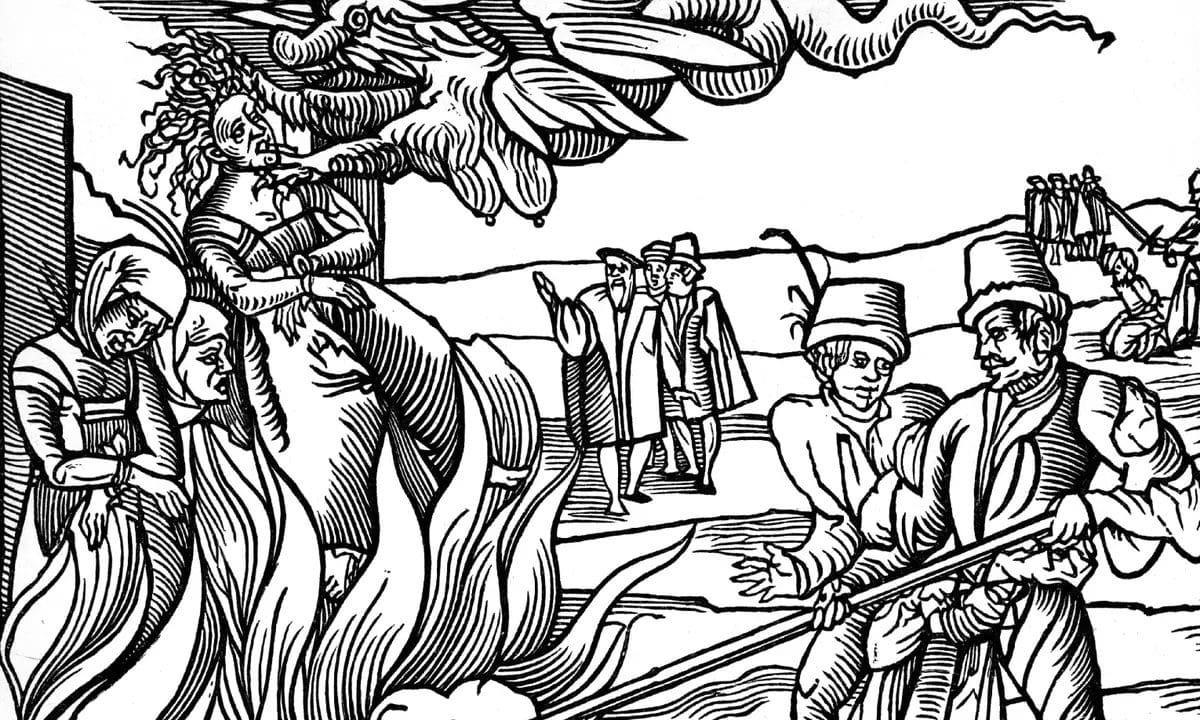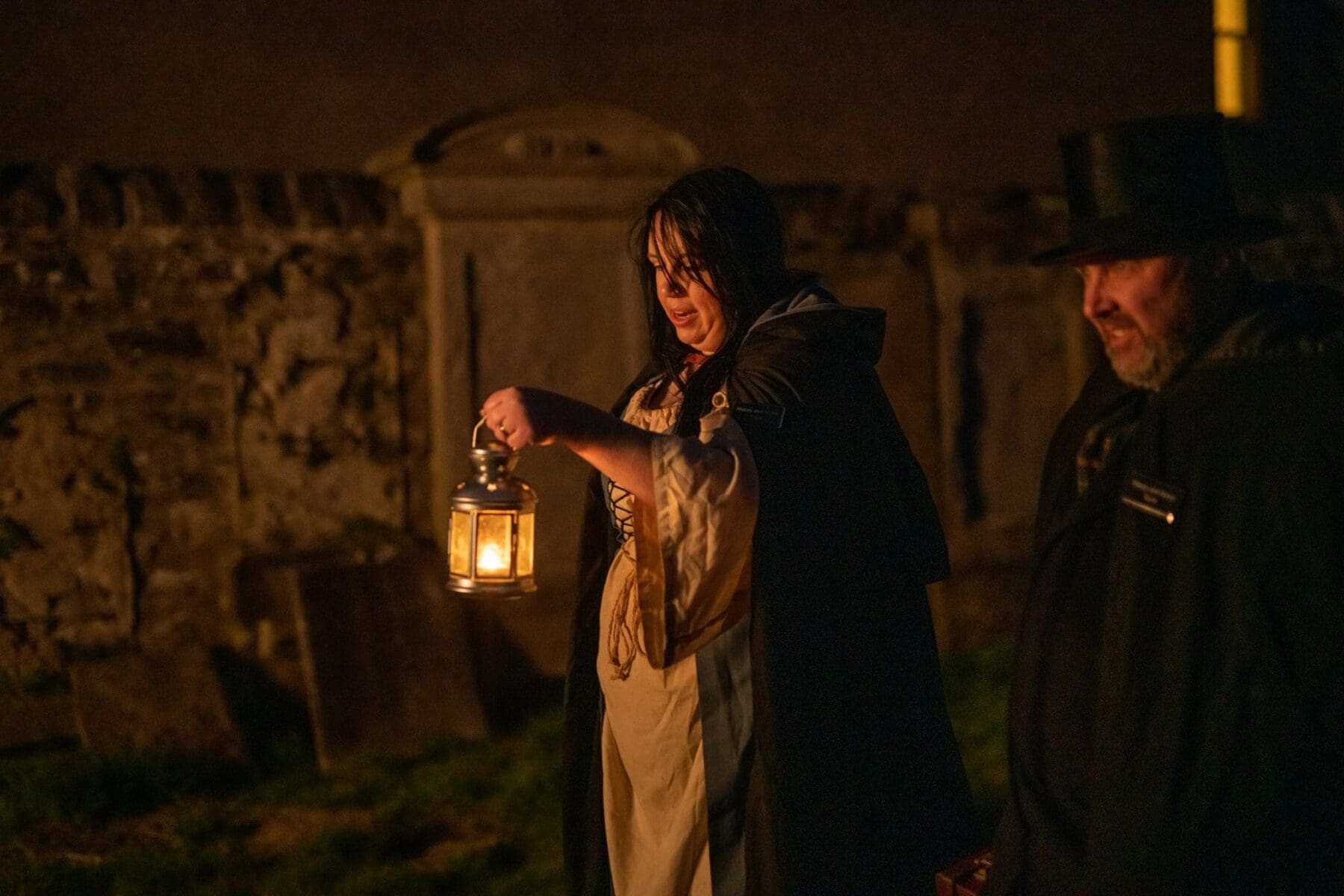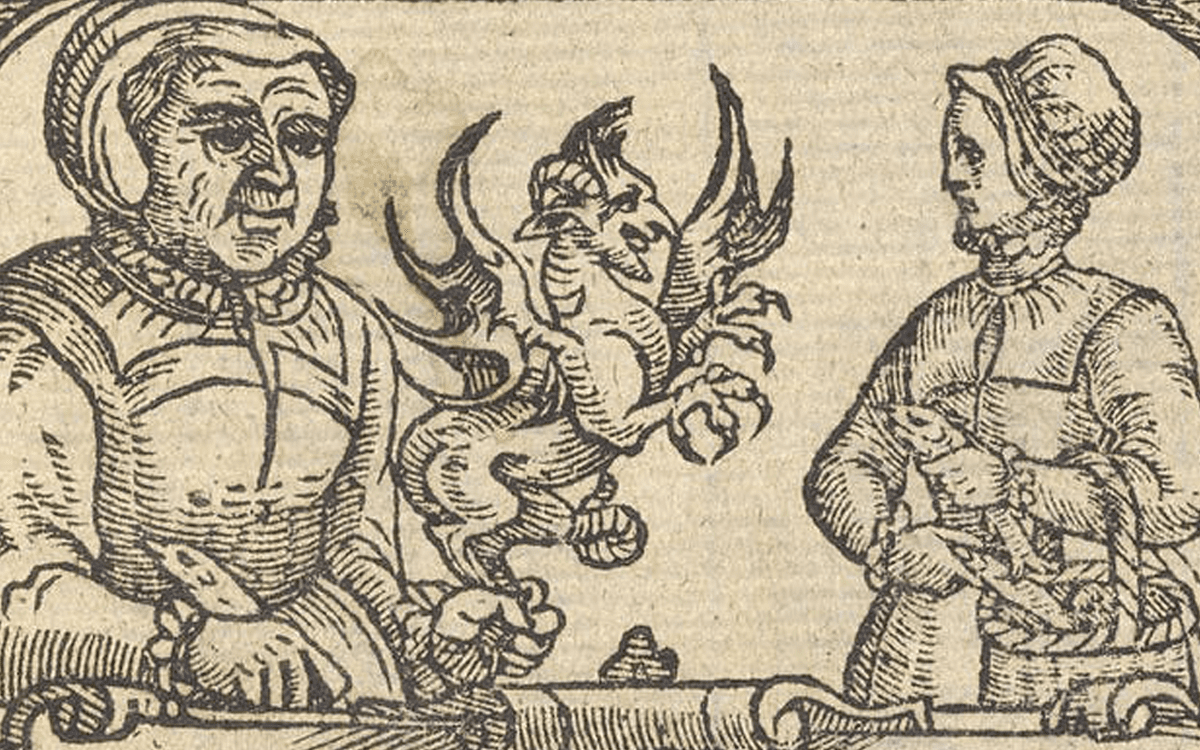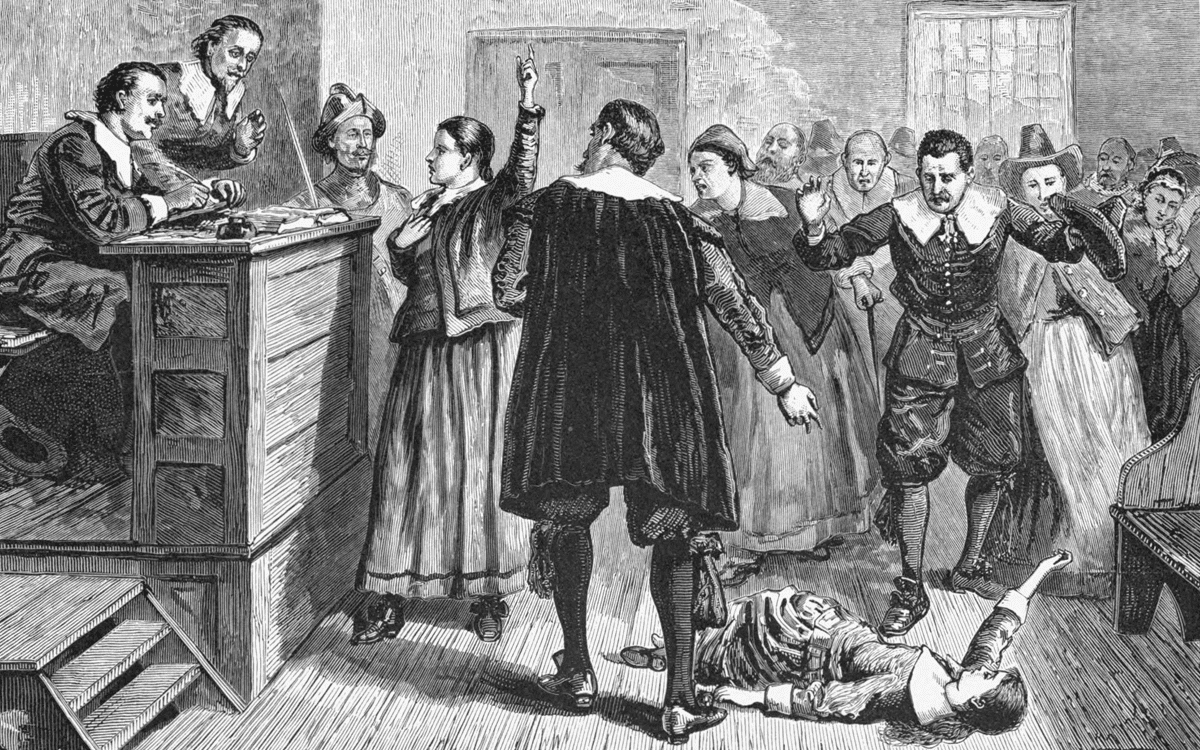The Witch Trials of England: A Brief History
It’s been said that witches have been around since the dawn of time, but they were particularly prominent in England during the 15th and 16th centuries.
This was a period known as the “witch craze” — a time when accusations of witchcraft ran rampant and people accused of being witches were persecuted and executed for their supposed crimes. Let’s take a look at this dark chapter in English history to understand why it happened and what its legacy is today.
Why Did the Witch Craze Happen?
The witch craze was fueled by several factors, including religious beliefs, superstition, and fear. In medieval times, there was a deep-seated belief that witchcraft was real and dangerous. Many people believed that witches had the power to cast spells on unsuspecting victims or even summon the devil himself. This fear led to mass hysteria and many innocent people were labeled as witches and persecuted accordingly.
In addition to superstition, political tensions played a role in the witch craze as well. During this period, England was torn between Catholics and Protestants, with each side accusing the other of being devil worshippers. As a result, anyone who didn’t conform to either side’s beliefs could be accused of being a witch — an easy way for rulers to weed out those who opposed them without having to deal with dissenters directly.
Ready to explore the mystery? Start planning the experience of a lifetime HERE!
To keep up with our blog and other Mysterious Adventures offers, sign up for our newsletter HERE!
The Legacy of the Witch Craze
Today, many people still look back on this era of English history with horror — not just because so many innocent people were wrongly accused but also because it represented an age where fear ruled over reason. However, there is one silver lining: many lessons were learned from this dark chapter in English history that can still be applied today. We now know how easily fear can lead us astray if we don’t take steps to remain level-headed in times of crisis. It’s also important to remember that no matter how much progress we make as a society, we are still capable of repeating our mistakes if we let our fears get the better of us instead of using our rational judgment when making decisions about others’ fate.
The witch craze has become part of British folklore for good reason — it serves as an important reminder that fear can easily cloud our judgment if we are not careful.
While it might be tempting to blame external forces such as superstition or political tensions for this dark period in English history, ultimately it is up to us—as individuals—to ensure that something like this never happens again by exercising restraint and understanding before jumping to conclusions about others’ actions or motives. Only then will we truly learn from these tragic events so that they are never repeated!
Embark on a mysterious adventure with us!
Explore divinely selected places, where enigma thrives in every corner. From lands vibrating with mystique to ancient realms echoing with phantom tales, our Mysterious Adventures await. Join the journey and unravel the secrets of the extraordinary.







